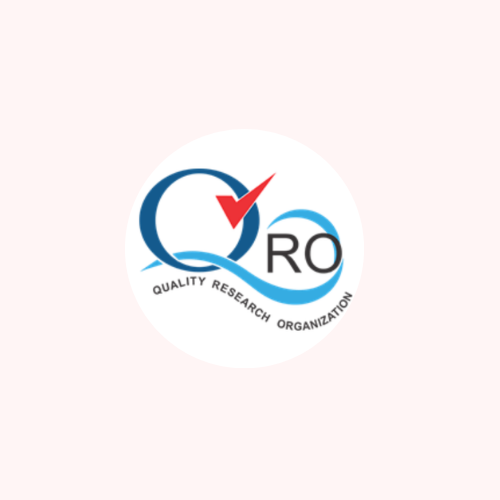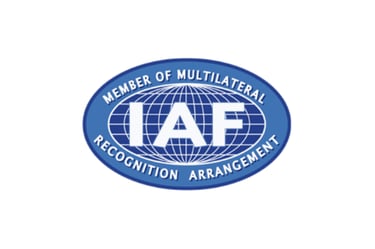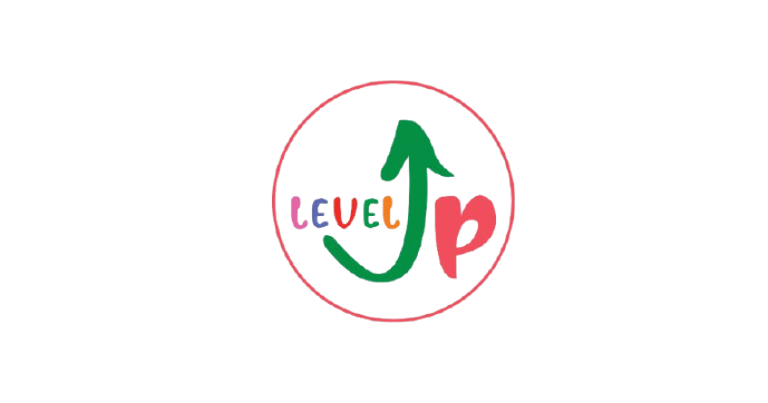10 Key Points to Be Discussed in Parent-Teacher Meeting
Maximize your preschool PTM! Get the 10 essential point to be discussed in parent-teacher meeting for educators to ensure productive dialogue, track progress, and build parent trust.
PARENT-TEACHER MEETING
LevelUp Online Education
11/3/20255 min read


Building a Strong Foundation Through Dialogue
As a dedicated preschool educator—whether you’re in an Early Childhood Care and Education (ECCE) setting, a busy nursery, or a nurturing Montessori environment—you understand that a child's early years are the bedrock of their future. Successful learning doesn’t happen in isolation; it thrives through a strong, collaborative partnership between home and school. This is exactly what makes the Parent-Teacher Meeting (PTM) such a crucial, non-negotiable event.
These aren't just administrative check-ins; they are focused opportunities to build a unified support system for the child. To ensure your PTMs are productive, positive, and truly create value for the families you serve, a well-structured approach is essential. This comprehensive guide outlines the 10 Key Points to Be Discussed in Parent-Teacher Meetings for every committed preschool educator, ensuring your conversation is holistic and future-focused.
1. Celebrate Developmental Progress and Strengths
The very first point to be discussed in parent-teacher meeting should always be positive. Every parent wants to hear what their child is doing well. As a preschool educator, you should prepare specific, authentic examples.
Highlight Achievements: Focus on areas like early literacy, numeracy skills, or a growing love for reading during story time.
Share Concrete Anecdotes: Instead of saying, "Your child is good at sharing," say, "We observed your child patiently helping a friend build a tall tower with blocks, demonstrating excellent turn-taking skills." This approach makes the feedback real and valuable, setting a positive tone for the entire conversation.
2. Discuss Social and Emotional Growth
For young children, social and emotional development is key. A critical point to be discussed in parent-teacher meeting is how the child manages their feelings, interacts with peers, and handles group activities.
Peer Interactions: How well does the child make friends, cooperate, or resolve minor conflicts? Share observations about their natural social leadership or their developing ability to share materials.
Self-Regulation: Does the child manage big emotions effectively? How is their transition between activities? A dedicated preschool educator knows these skills are vital for future success.
3. Review Classroom Behavior and Routines
Consistent expectations between home and school are vital for a young child's sense of security and belonging. This point to be discussed in parent-teacher meeting is for sharing observations on classroom conduct and independence.
Following Directions: How does the child respond to verbal cues and class rules?
Independence in Routine: Discuss progress in self-help skills like tidying up, managing their lunchbox, or using the restroom independently. This aspect of the discussion helps reinforce necessary life skills at home.
4. Detail Early Learning Skills and Curriculum Alignment
Parents often wonder exactly what their child is learning beyond crafts and songs. As a knowledgeable preschool educator, use this time to demystify the curriculum. One key point to be discussed in parent-teacher meeting involves explaining the "why" behind play-based learning.
Focus on Process, Not Just Product: Explain how activities like playing with sand or water are building critical motor and scientific thinking skills.
Specific Areas: Review progress in key domains like fine motor skills (holding a crayon), gross motor skills (running, jumping), and early cognitive concepts (sorting, matching).
5. Open Dialogue for Parental Input and Home Life Insights
This must be a two-way conversation. The preschool educator must listen actively. Parents hold the key to understanding the full child, making their input a crucial point to be discussed in parent-teacher meeting.
Ask Open-Ended Questions: “What is your child most excited about when they talk about school?” or “Are you noticing any new interests or challenges at home?”
Discuss Consistency: Are there any recent changes at home (new sibling, change in routine) that might influence their behavior at school? This context is invaluable to your work.
6. Identify Areas for Focused Growth
It's important to frame this discussion positively, focusing on a next step rather than a problem. Select one or two manageable areas. This must be a collaborative effort between the parent and preschool educator. A specific point to be discussed in parent-teacher meeting here is framing challenges as shared goals.
Use Neutral Language: Instead of "needs improvement," try "an area we can focus on together" or "a skill we are working to develop."
Be Specific: For example, "We are working on strengthening their finger muscles for a proper pencil grasp."
7. Collaborate on Goals and Actionable Strategies
The most valuable outcome of any PTM is a clear, shared plan. This ensures both the preschool educator and the parent are working towards the same objectives. The agreed-upon strategies are an important point to be discussed in parent-teacher meeting follow-up.
Joint Goal Setting: Decide on one or two realistic and achievable goals for the next term, focusing on a balance of social, emotional, and cognitive growth.
Shared Strategies: Provide simple, practical suggestions for home that align with classroom learning. This creates a cohesive learning environment for the child.
8. Address Any Specific Health and Wellness Needs
Physical well-being directly impacts learning. This is a vital point to be discussed in parent-teacher meeting because a child who is well-rested and nourished is better able to engage.
Sleep and Nutrition: Gently inquire about sleep patterns and eating habits, as these are foundational to a child's ability to focus and thrive.
Medical or Allergy Updates: Ensure all current health information, allergies, or necessary accommodations are reviewed and clearly understood by both parties.
9. Establish a Clear Communication Plan
A single PTM is not enough. You must outline how communication will continue throughout the year. As a dedicated preschool educator, consistent communication builds trust. Clarifying the future method of communication is an essential point to be discussed in parent-teacher meeting.
Preferred Method: Agree on the best way to share minor updates or quick questions (e-mail, app, or quick note).
Scheduling Follow-Ups: Set a tentative time for a brief check-in or follow-up conversation to review the goals and strategies discussed.
10. Discuss Transition and Next Steps (If Applicable)
If the child is nearing a transition—from a nursery to a pre-K classroom, or from a preschool educator to a kindergarten program—this is the time to prepare. The skills needed for the next level are a key point to be discussed in parent-teacher meeting at year-end.
Readiness Skills: Review the specific skills that will support a smooth transition, such as listening skills, following multi-step directions, and self-help independence.
Support Resources: Share any resources or activities that will help the child prepare emotionally for the change. A thoughtful preschool educator prepares the whole family for the next step.
🎯 Final Thoughts for the Educator
The role of a preschool educator is incredibly demanding, requiring dedication, creativity, and a strong sense of partnership. By diligently covering these 10 Key Points to Be Discussed in Parent-Teacher Meetings, you transform a routine meeting into a profound collaboration. Remember, the goal is always to create a seamless, nurturing, and challenging environment that supports every child’s unique journey. This commitment to open dialogue is what sets truly impactful early childhood programs apart.
Northern Hills Supremus, A-306, opp. Northern Heights, Dahisar East, Mumbai, Maharashtra 400068
LevelUp
admissions@leveluponline.in
© 2025. All rights reserved
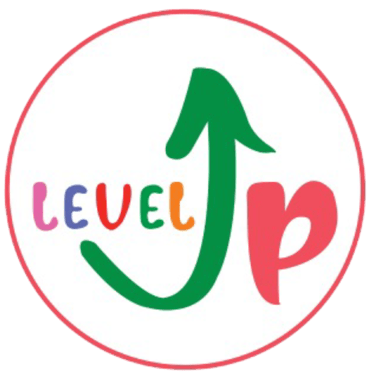

levelup_online_education
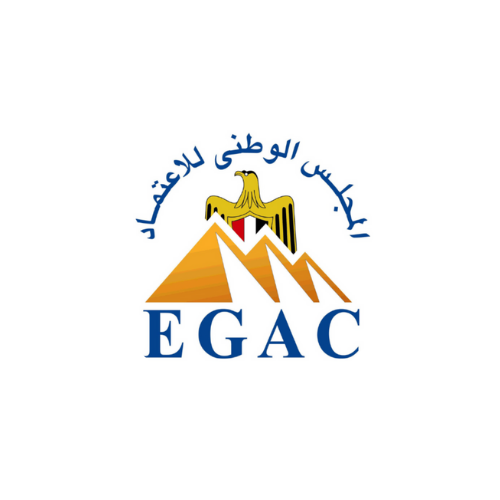

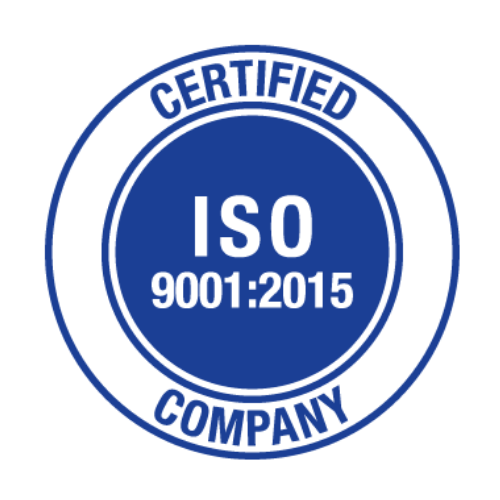

LevelUp Online Education
